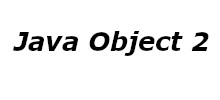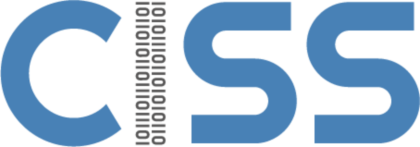Java Object 2
In the autumn of 2007, the network project Java Object in Embedded Systems was initiated. The results from the project are so positive that the participants are now continuing their collaboration in Java Object 2 – and getting even more companies involved in the activities.
Just as was the case with Java Object 1, as the first part of the collaboration is now called, the purpose of the project is to ”exchange ideas and knowledge and in the long run to equip Danish companies that work with embedded software optimally to using Java as their programming language of choice,” Hans Søndergaad, CISS and VIA University College, Horsens, explains.
Knowledge exchange and concrete projects
However, another layer has been added to the work carried out within the project: Now, the aim is that during the course of java Object 2, the companies will initiate activities inspired by the work done in Java Object 1 – either individually or with help from CISS. Specifically, the activities in Java Object 2 will be divided into three categories:
– 3-4 seminars a year for the participants, focusing on exchange of research results and experiences
– Concrete collaboration activities based upon the interests of the companies
– Research projects under the auspices of CISS, focusing on Java.
Under the auspices of CISS, researchers are already in the process of launching a research project concerning the development of the ’CISS Development Kit’ (CISSdk), which is a Java platform for program development of embedded systems under real-time requirements. In addition, a series of activities are already planned among the nine participating industrial partners.
Multi-lingual programming at Polycom
One of the companies that have been participating all the way is Polycom, where CISS PhD student Stephan Korsholm works. The aim of his PhD project is to enable the company to use several different development languages simultaneously, and part of this process – which will be performed through the work going on in Java Object 2 – is to establish an improved integration of Java in Polycom’s existing and future systems.
“The advantage of Java is that it is possible to discover programming errors sooner than in other programming languages. This means that the developers do not need to go that far back in the process in order to remedy them – and in the final instance, this leads to a higher level of efficiency. In other words, the programming period in itself is shortened. However– if everything were to be re-programmed using Java, it would take a long time during which the company would not be productive. So in practice, it is almost impossible to re-write all the company’s software in a different language. It has to be done gradually,” Stephan Korsholm explains.
This is the challenge that Polycom and Stephan Korsholm are currently working on solving – backed up by the knowledge exchange going on in Java Object 2.

